Why I’m a Yes Mom and You Should Be Too: An Approach to Tantrums
by Nadia Sabri, MD
As a parent, tantrums are an inevitable part of the parenthood experience. Here, I’m referring to tantrums of the child; parental tantrums to be discussed at a different time. Just kidding. Jokes aside, I’d like to share my approach to tantrums of why I’m a yes mom/parent and you should be too.
This post may contain affiliate links. Please see disclosure for more details.
Wait a minute, you might be thinking. Why would I want to do that? I don’t want my kids to grow up to be spoiled, entitled brats!
Yep, me neither. So, hear me out.
What is it about the word no that just inspires rebellion? Say it playfully and it becomes a game. Say it harshly and tantrum of epic proportions. Don’t get me wrong, setting limits and saying no is very important. With two kids under three years old, I say it plenty.
However, I don’t say the word no often because I want them to know that when mommy says no, she means it.
For example, let’s take a common scenario like watching cartoons.
Case Example
After an episode, I tell my three year old daughter no more tv. She asks to watch another episode. Since she is still within an appropriate amount of screen time for her age, I am fine with another episode. After the episode ends, tv is turned off.
However, she seems to have forgotten what we talked about 10 minutes ago and begins to fuss that she wants to watch more cartoons. Soon, the request turns into a full blown tantrum.
I calmly sit next to her and verbalize her emotions. ‘Seems you are upset that the tv is off. Is that right?’ She continues to howl but nods. ‘ Well, we agreed that it was going bye bye after that one right? So you watched it already.’
She continues to whine. ‘ I hear you, doll, but no means no. I understand you are upset. It’s ok to have those feelings and to cry.’ I ask her if she wants me to give her a hug and usually she does, even while she is crying.
When she starts to calm down, I redirect attention. ‘How about we go do (insert activity).’ She may continue to cry for a few more minutes but then moves to next activity and is usually in a better mood.
Emotions are not a bad thing and sometimes being able to get those feelings out (even if it is through a tantrum) can be therapeutic for the child.
The situation described above is pretty common in preschoolers and most parents experience tantrums regularly. The child tries to exert independence while experiencing big emotions.
Tantrums can be quite trying on a parent and being sleep deprived or having multiple tantrums is not easy. It takes a lot of self control and calm to take a deep breath and respond in a gentle way.
When you break down a tantrum and the response, it can actually be a good learning experience for both child and parent.
In the case above we discussed a child having a tantrum about tv. Here’s the breakdown:
Tantrum Analysis
1. Child able to talk to parent and it is a safe place to discuss her preference, which is to watch another episode
2. After our agreement, the effect will happen. In this case, the tv will turn off
3. The child may have real emotional response to effect and have a tantrum
4. Parent will be there for the child without making me feel shame or guilt about the emotion/tantrum. Here, by verbalizing and validating emotion, getting to her level to talk it out, hug, etc.
5. Having an emotional response/tantrum is ok but it will not change the outcome. Tv did not turn on after tantrum. Usually this is where parents succumb to the tantrums.
Unfortunately, giving in here teaches the kid wrong lessons and does not extinguish the offending behavior.
6. After the emotional response/tantrum, there is no negative consequence or judgement and we can carry on with the next activity.
How to apply a positive and mindful approach to tantrums
As a pediatrician and mom, I find that speaking with loud harsh words, giving angry looks, walking away from the child can really affect him or her negatively and doesn’t teach any of the lessons mentioned above to the child.
Instead, it gives a little child the impression that if she tries to have an emotional response (tantrum), she will be rebuked, shamed, or abandoned.
These are not the lessons most parents want to convey because usually the parent just wants the child to stop the offending behavior.
We need to be mindful of what our actions are conveying. No need to make a tantrum into a power struggle between an immature child and a sensible adult. One can’t really reason with a small child. The child will learn self regulation of emotional responses and self control over time as the brain develops.
As parents, we can offer love, support and gentle guidance while dealing with tantrums. Read more on how mindfulness can help you enjoy the parenting experience.
I have found that with this approach, tantrums may still occur as children as trying to exert their independence but the emotional responses are less intense, less frequent, and easier to work through.
By setting boundaries in a gentle yet firm way with positive parenting, you can have an impact on the behavior of a child while maintaining a strong parent-child relationship. Read more on the parental effect on a child’s self esteem.
Parenting is tough and there is a lot to consider. Read more on the signs of parental burnout and ways to combat this by making time for self care.
Some books that can be helpful include:
- How to Talk so Kids Will Listen
- How to Talk so Little Kids will listen: A Survival Guide to Life with Children Ages 2-7
- Peaceful Parent, Happy Kids: How to Stop Yelling and Start Connecting
- Peaceful Parent, Happy Kids Workbook: Using Mindfulness and Connection to Raise Resilient, Joyful Children and Rediscover the Joy of Parenting




So, why is this important?
If you are going say yes to something, say it from the beginning.
Please don’t teach your child that no means maybe or try harder. There are too many recent examples where somehow that lesson has been missed, that no means something else.
No means no.
Let’s not contribute to the misconception that it means anything else.
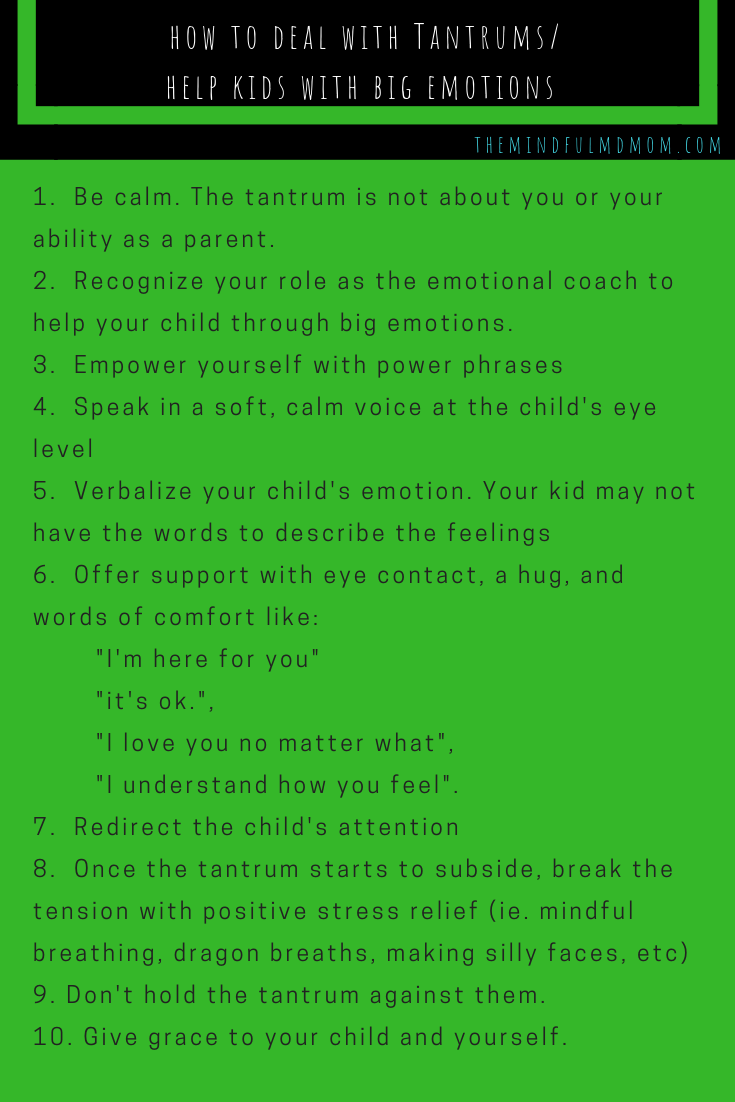
This post may contain affiliate links, which means I may earn a small commission with no extra charge to you if you purchase through my links. See disclosure for more information.
99 473 - 572Shares
- 572Shares
473 99

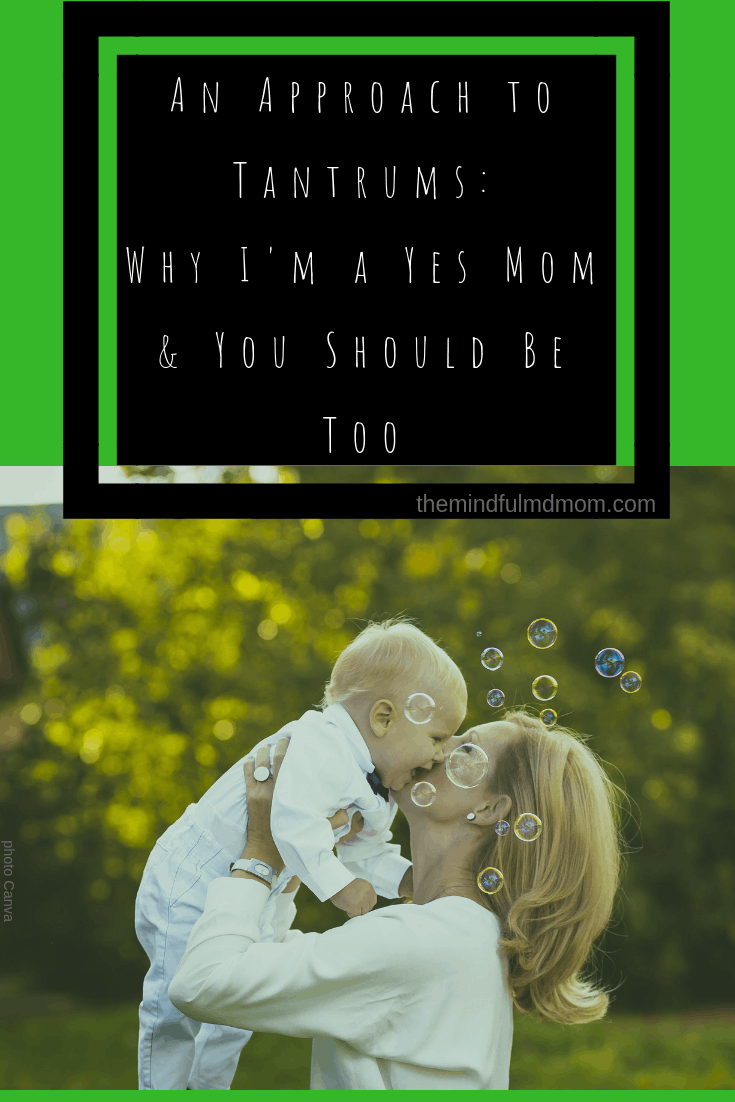
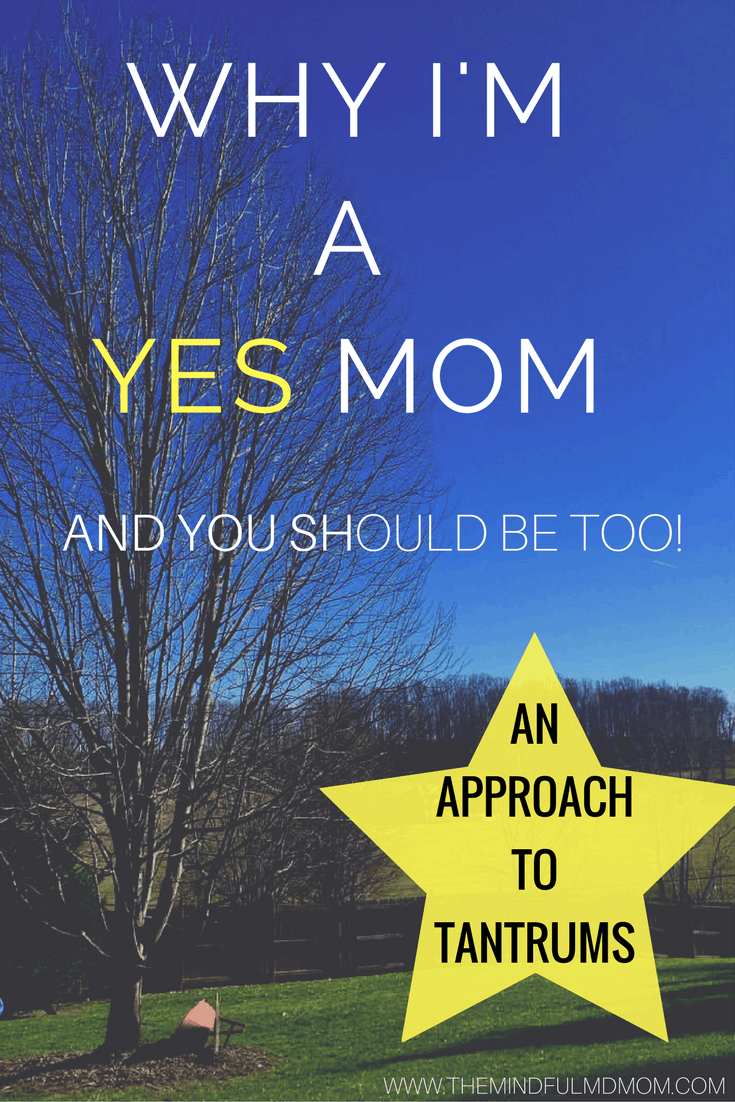

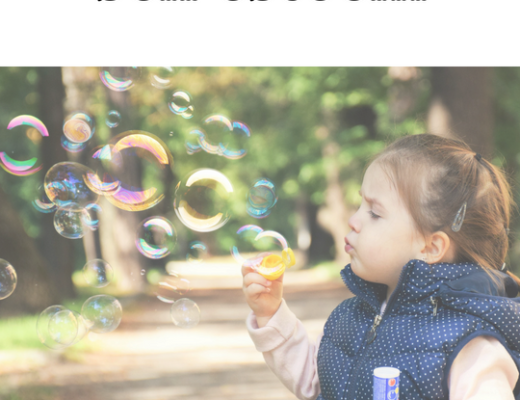
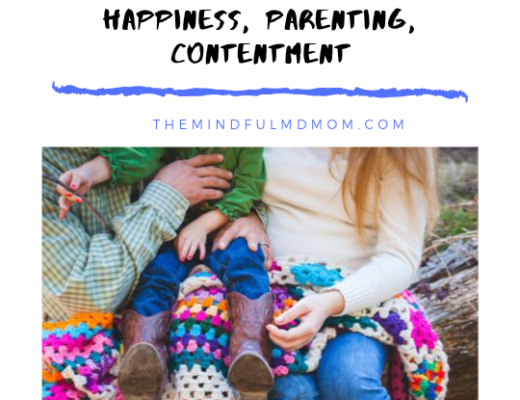

18 Comments
Leah
February 12, 2018 at 9:47 pmHahahaha!! I am totally a yes mom and what I learned from working in pediatric dentistry is when it comes to kids never have a shouting match you shout the kid tries to out do you if a kid is screaming speak quitter then their scream don’t scream over them they will hear you just fine even if you whisper. Now you are probably wondering why I laughed because today being a yes mom bit me in the butt, I believe in a strong communication and showing emotion is healthy, my high functioning ASD child who is mainstreamed in school felt she was being picked on by a kid but did want the kid to get in trouble so she kept it bottled up and broke down one day and told me. I talked to her teacher and I thought it was all better, no it kept happening apparently the teacher pulled my 6 year old aside and said she doesn’t need to tell anyone when her feelings get hurt and she just needs to learn to deal with it. So being a yes mom and teaching our kids emotions and communication is a good thing has a down side when it comes to certain people! Great Post thank you I needed it today!!
themindfulmdmom
February 13, 2018 at 9:37 amI can’t believe the teacher said that! Social-emotional intelligence and communication should be encouraged and not just for the child to ‘deal with it’. I think you’re doing a great job, mama! Thanks for sharing!
Marie
February 12, 2018 at 10:06 pmI totally agree!! I do this with both my kids too!!
themindfulmdmom
February 13, 2018 at 8:59 amGlad to hear this approach works for yall too! Thanks, Marie!
Jessica Cherry
February 13, 2018 at 10:09 amThank you for sharing this point of view! I havnt thought of it from this view point.
themindfulmdmom
February 13, 2018 at 12:21 pmThanks Jessica!
Rachel
February 13, 2018 at 10:18 amSometimes I have to remind myself that I look like the crazy one if I start having an actual power struggle with my kids in public when they have tantrums.
themindfulmdmom
February 13, 2018 at 12:20 pmwe’ve all been there! The important thing is to remember what you just said above! Thanks for sharing.
Luisa P
February 13, 2018 at 1:54 pmI really appreciate this post! In our generation, with so many opinions on what you should and shouldn’t do, it gets hard finding a balance. We do a very similar approach and it feels goo d knowing that others do the same.
themindfulmdmom
February 14, 2018 at 1:19 pmI am so glad to hear that, Luisa!
Brigette Collins
April 9, 2018 at 9:12 pmI think I like this approach. My husband has been out of town for a while so I have been the only one dealing with tantrums and so far…. she has won. A LOT! I am definitely going to try this approach.
themindfulmdmom
April 21, 2018 at 12:12 amThanks, Brigette! Let me know how it goes.
Shelley
April 9, 2018 at 11:14 pmLove your approach. I believe you are raising humans that will be able to live life on life’s terms as they grow into adulthood.
themindfulmdmom
April 21, 2018 at 12:13 amThank you for your kind words, Shelley!
Etta Tomi
April 10, 2018 at 8:47 amDon’t have children, but these are great tips
themindfulmdmom
April 21, 2018 at 12:13 amThanks, Etta
Shernette Williams
April 10, 2018 at 5:56 pmThis is a really great reminder for parents, especially when we tend to forget such small important things that help communication and bonds. This was an amazing read.
themindfulmdmom
April 21, 2018 at 12:17 amThanks so much, Shernette! As adults it is way to easy to forget that they are kids and not little adults. Kids truly are wanting to understand the crazy world around them and the more we can helps with these skills (communication, patience, understanding, love, etc), the better!